The following essay, a short but typical example of Bishop Theophan’s writing, is the Foreword to his major work, The Path to Salvation, and constitutes an outline, by a highly qualified and experienced authority, of the very phenomenon of the spiritual life: its nature, its dangers, its goal.
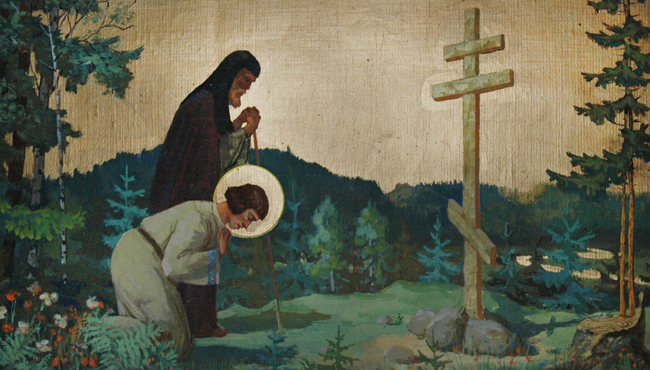
It is possible to describe the feelings and inclinations which a Christian must have, but this is very far from being all that is demanded for the ordering of one’s salvation. The important thing for us is a real life in the spirit of Christ. But just touch on this, and how many perplexities are uncovered, how many guideposts arc necessary, as a result, almost at every step!
True, one may know man’s final goal: communion with God; and one may describe the path to it: faith, and walking in the commandments, with the aid of Divine grace. One need only say in addition: Here is the path—start walking!
This is easily said; but how to do it? For the most part the very desire to walk is lacking. The soul, attracted by some passion or other, stubbornly repulses every compelling force and every call; the eyes turn away from God and do not want to look at Him. The law of Christ is not to one’s liking; there is no disposition even to listen to it. One may ask, how does one reach the point when the desire is born to walk toward God on the path of Christ? What does one do so that the law will imprint itself on the heart, and man, acting according to this law, will act as if from himself, unconstrained; so that this law will not lie on him, but will as it were proceed from him?
But suppose someone has turned toward God, suppose he has come to love His law; is the very going toward God, the very walking on the path of Christ’s law, already necessary and will it be successful merely because we desire it to be? No. Besides the desire one must also have the strength and knowledge to act; one must have active wisdom. Whoever enters on the true path of pleasing God, or who begins with the aid of grace to strive toward God on the path of Christ’s law, will inevitably be threatened by the danger of losing his way at the crossroads, of going astray and perishing, imagining himself saved. These crossroads are unavoidable because of the sinful inclination and disorder of one’s faculties, which are capable of presenting things in a false light—to deceive and destroy a man. To this is joined the flattery of Satan, who is reluctant to be separated from his victims and, when someone from his domain goes to the light of Christ, pursues him and sets every manner of net in order to catch him again; and quite often he indeed catches him. Consequently it is necessary for someone who already has the desire to walk on the indicated path to the Lord to be shown in addition all the deviations that are possible on this path, so that the traveller may be warned in advance about this, may see the dangers that are to be encountered, and may know how to avoid them.
These general considerations which are unavoidable to all on the path of salvation render indispensable certain guiding rules of the Christian life by which it should be determined: how to attain to the saving desire for communion with God and the zeal to remain in it, and how to reach God without misfortune amidst all the crossroads that may be met on this path at every step—in other words, how to begin to live the Christian life and how, having begun, to perfect oneself in it.
The sowing and development of the Christian life are different in essence from the sowing and development of natural life, owing to the special character of the Christian life and its relation to our nature. A man is not born a Christian, but becomes such after birth. The seed of Christ falls on the soil of a heart that is already beating. But since the naturally-born man is injured and opposed by the demand of Christianity,—while in a plant, for example, the beginning of life is the stirring of a sprout in the seed, an awakening of as it were dormant powers—the beginning of a true Christian life in a man is a kind of re-creation, an endowing new powers, of new life. Further, suppose that Christianity is received as a law, i.e., the resolution is made to live a Christian life: this seed of life (this resolution) is not surrounded in a man by elements favorable to him, and besides this the whole man, his body and soul, remain unadapted to the new life, unsubmissive to the yoke of Christ. Therefore from this moment begins in a man a labor of sweat—to educate his whole self, all his faculties, according to the Christian standard. This is why, while growth in plants, for example, is a gradual development of faculties, easy, unconstrained—in a Christian it is a battle with oneself involving much labor, intense and sorrowful, and he must dispose his faculties for something for which they have no inclination: like a soldier, he must take every step of land, even his own, from his enemies by means of warfare, with the double-edged sword of forcing himself and opposing himself. Finally, after long labors and exertions, the Christian principles appear victorious, reigning without opposition; they penetrate the whole composition of human nature, dislodging from it demands and inclinations hostile to themselves, and place it in a state of passionlessness and purity, making it worthy of the blessedness of the pure in heart—to see God in themselves in sincerest communion with Him.
Such is the place in us of the Christian life. This life has three stages which may be called: 1. turning to God; 2. purification or self-amendment; 3. sanctification. In the first stage a man turns from darkness to light, from the domain of Satan to God; in the second, he cleanses the chamber of his heart from every impurity, in order to receive Christ the Lord Who is coming to him; in the third, the Lord comes, takes up His abode in his heart, and communes with him. This is the state of blessed communion with God—the goal of all labors and ascetic endeavors.
To describe all this and determine its laws will mean—to indicate the path to salvation…
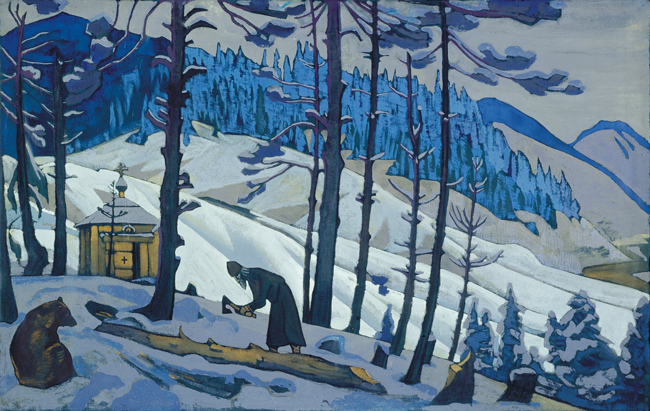
The Orthodox Word, 1966, Vol. 2, No. 3 (9), pp. 97–99
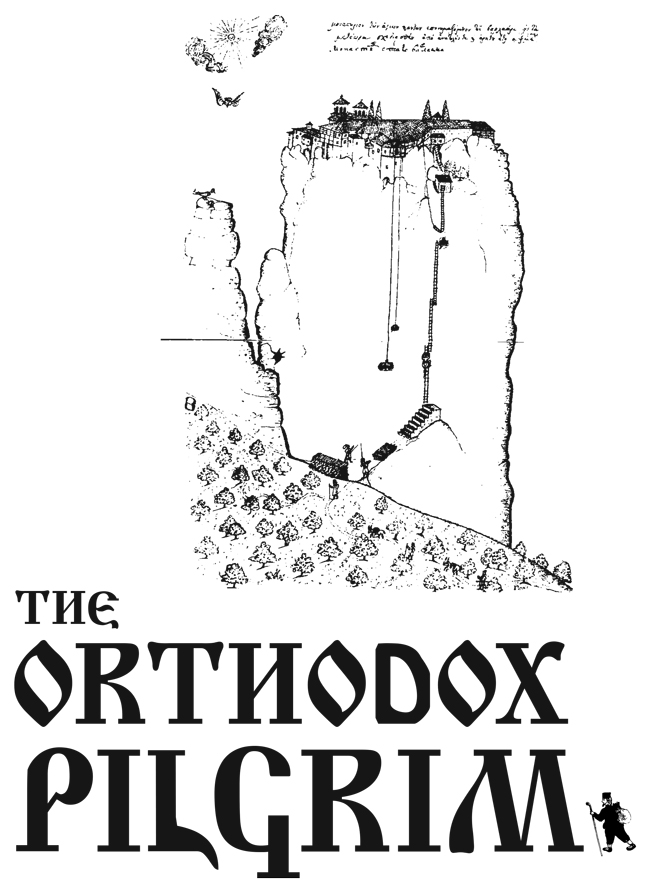

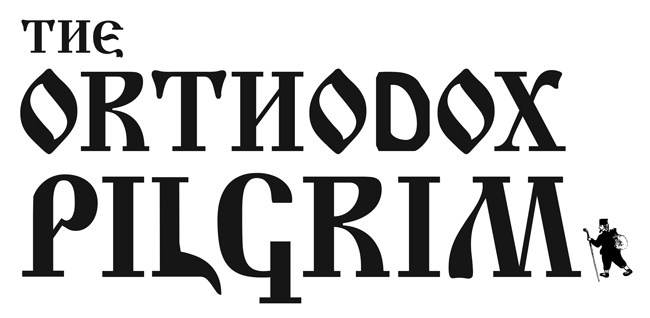

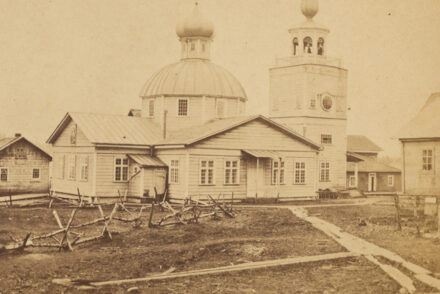

Pas de commentaire